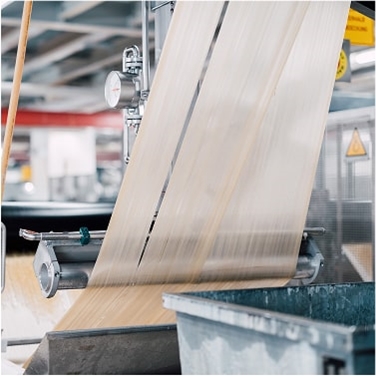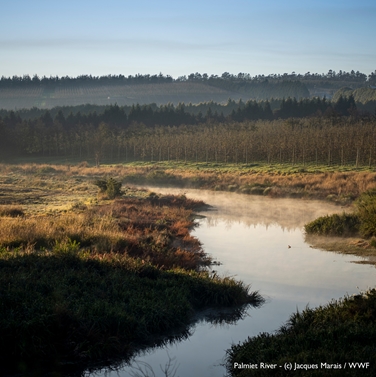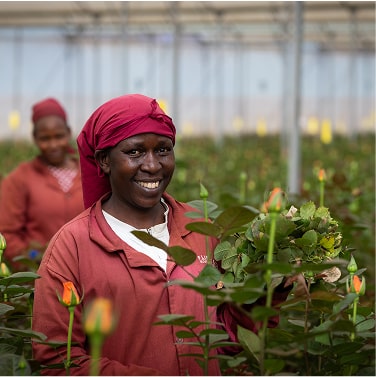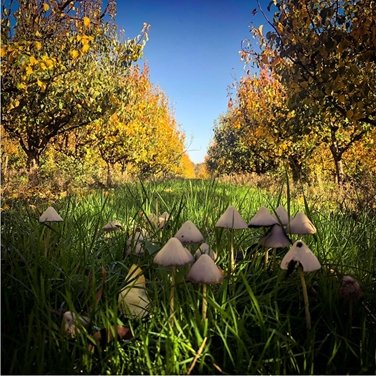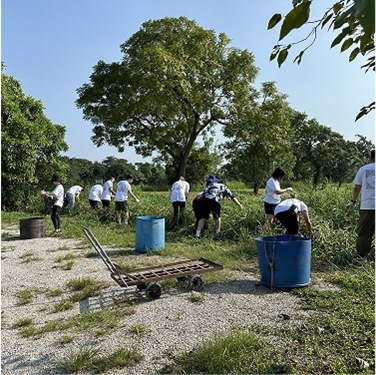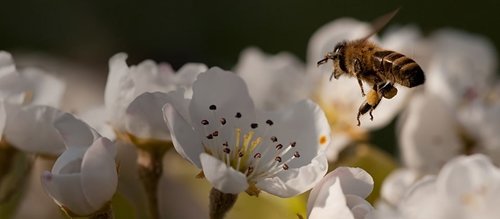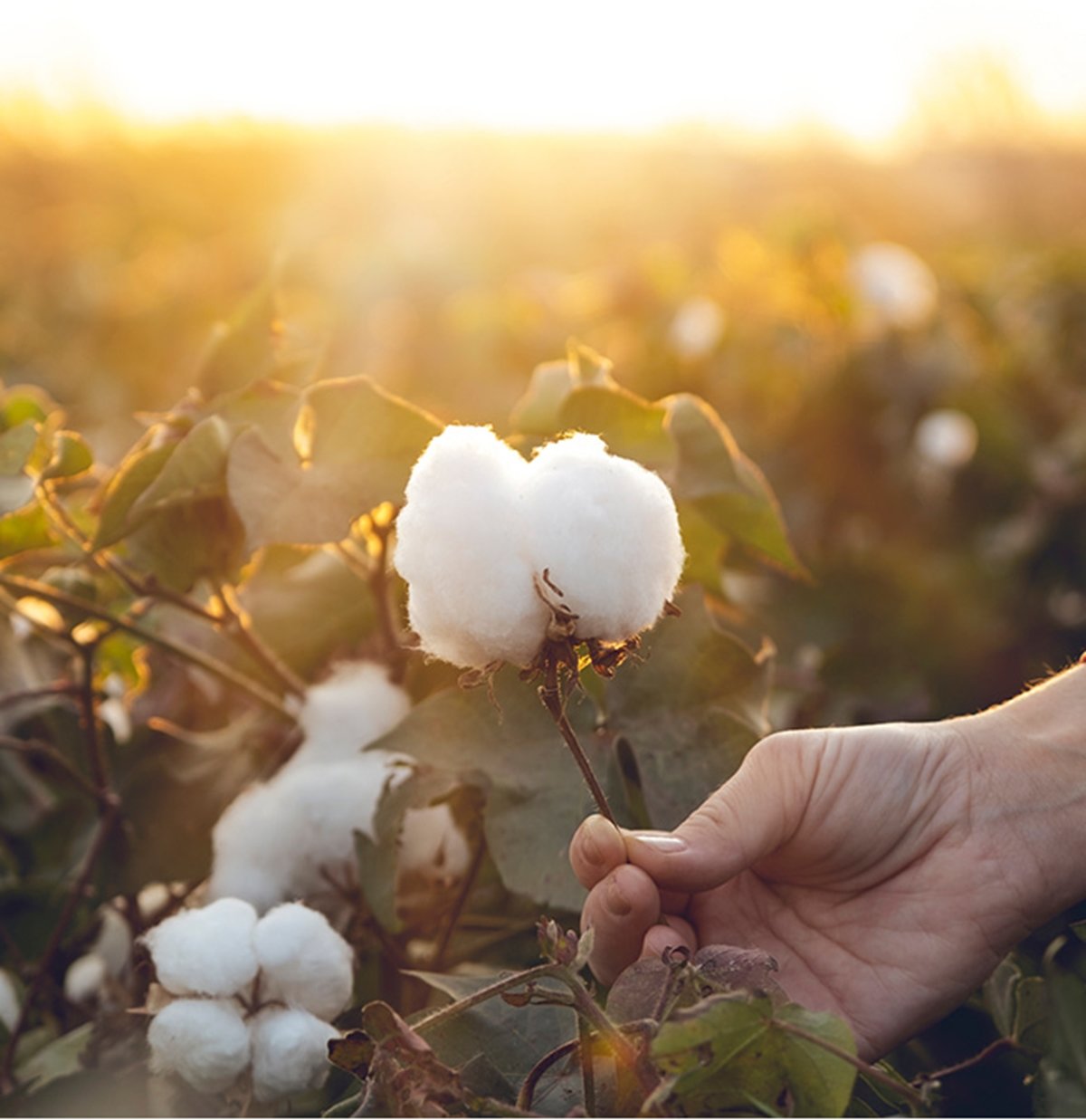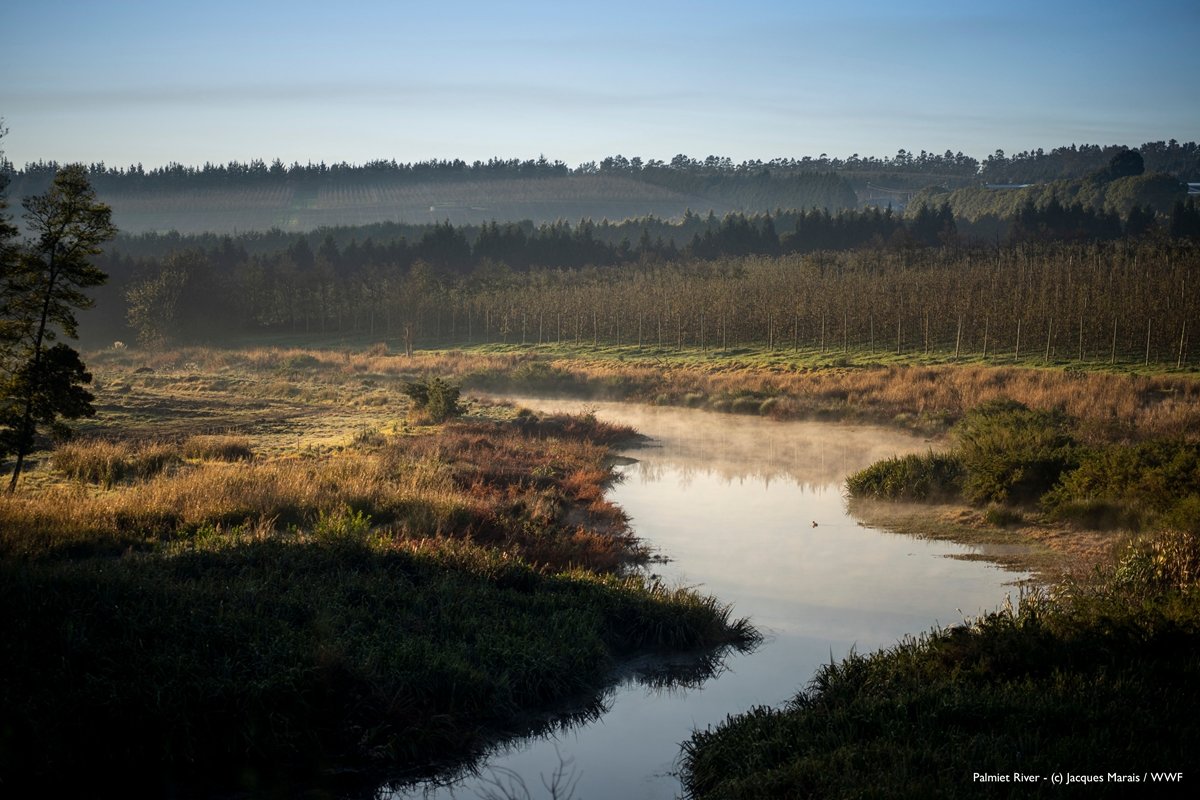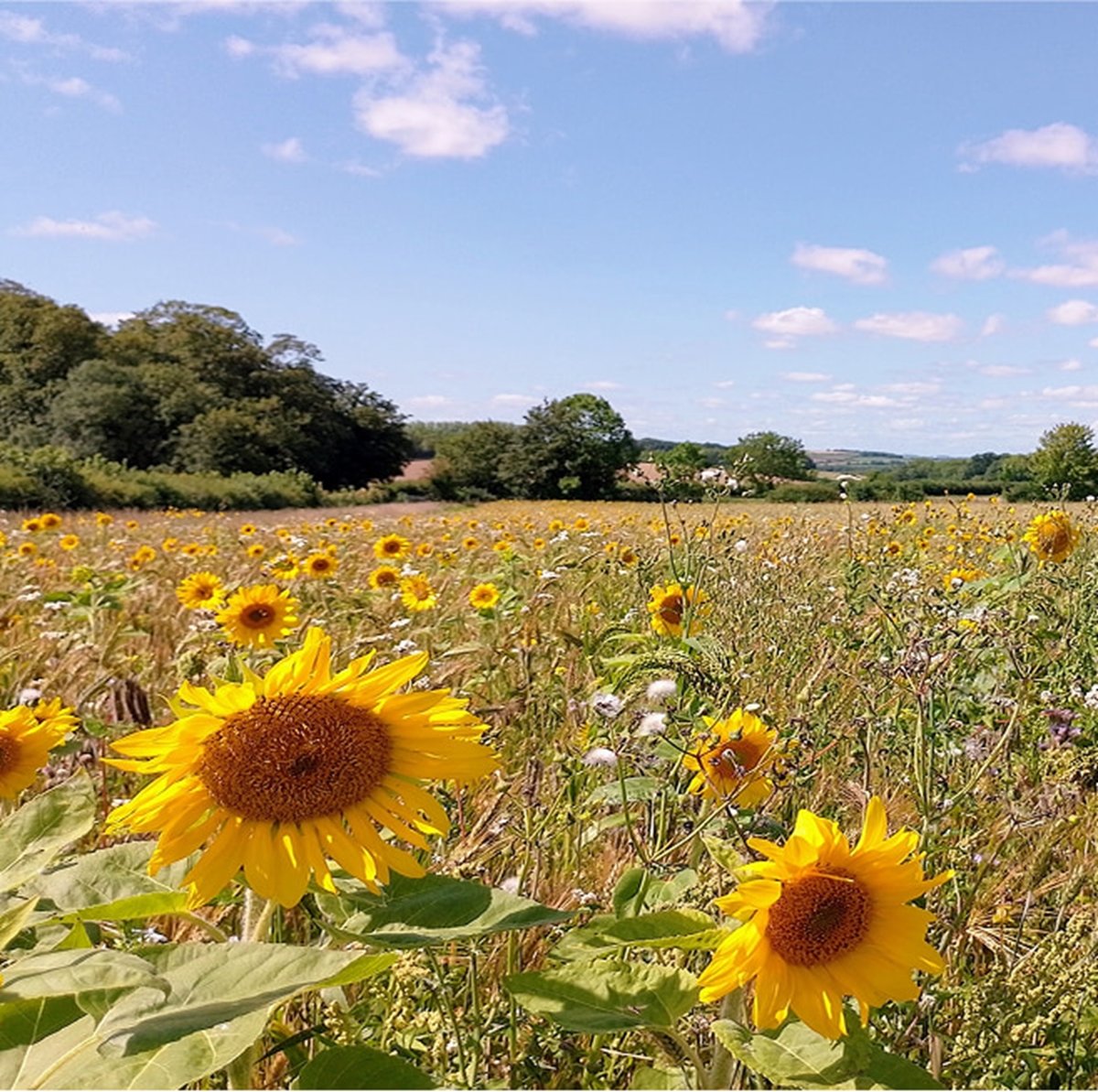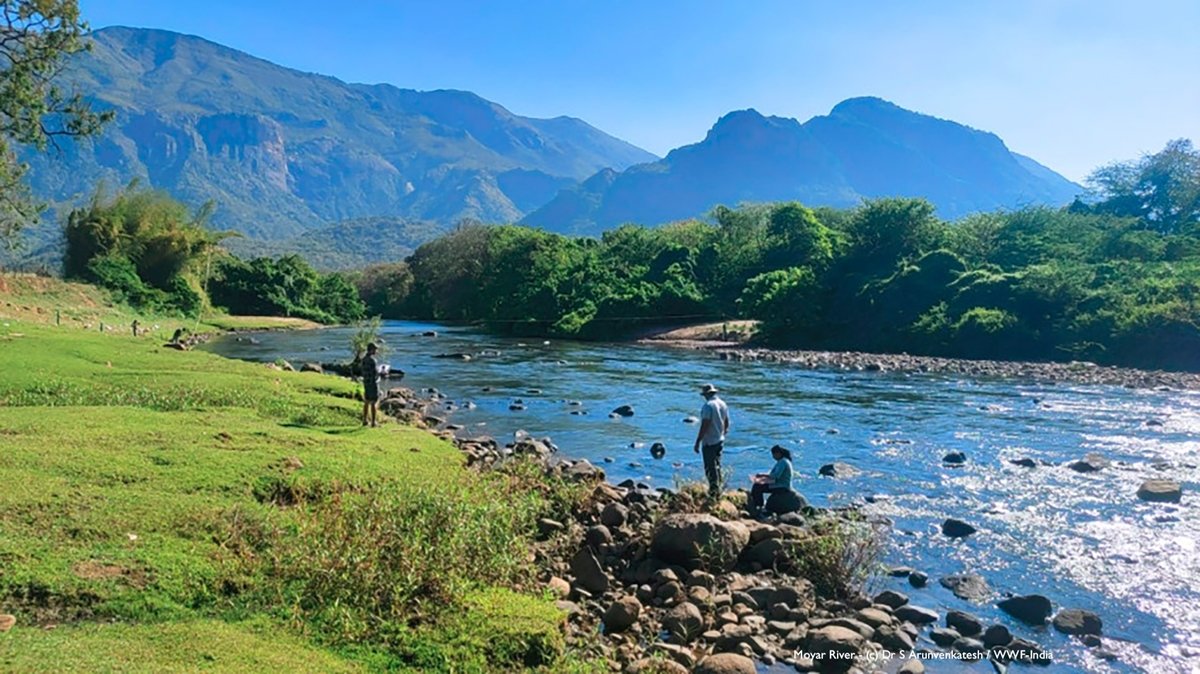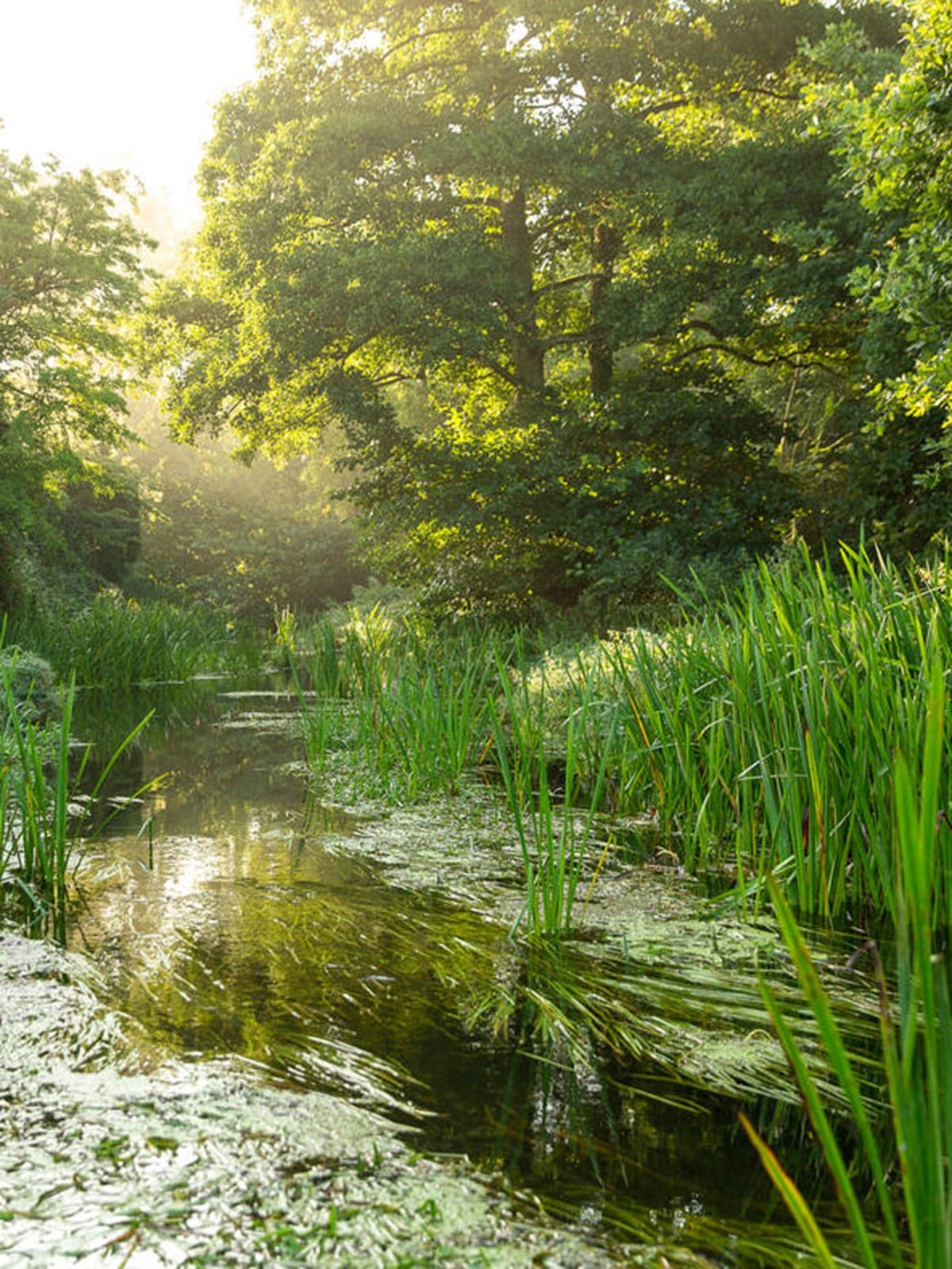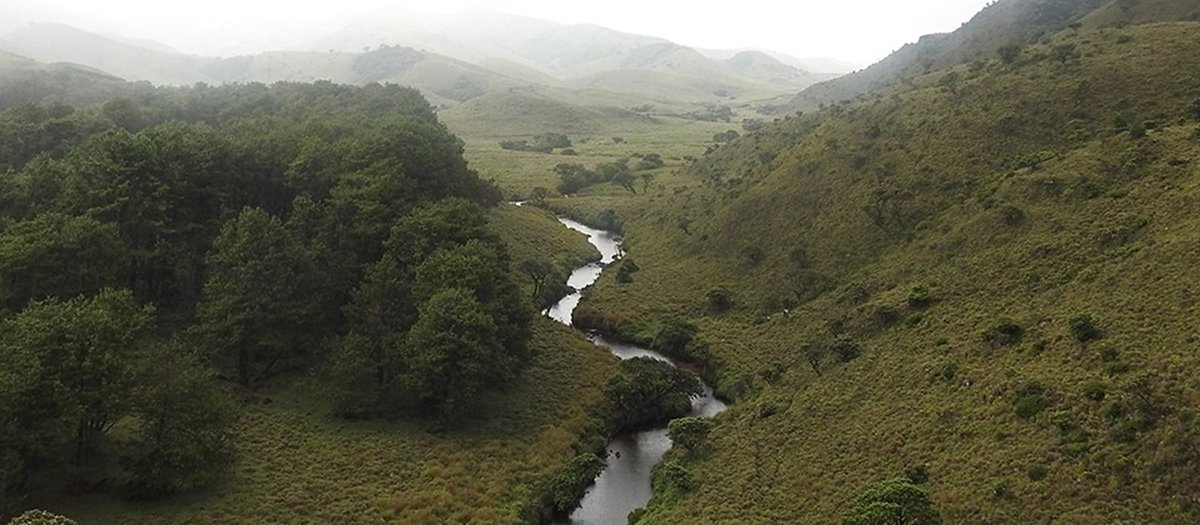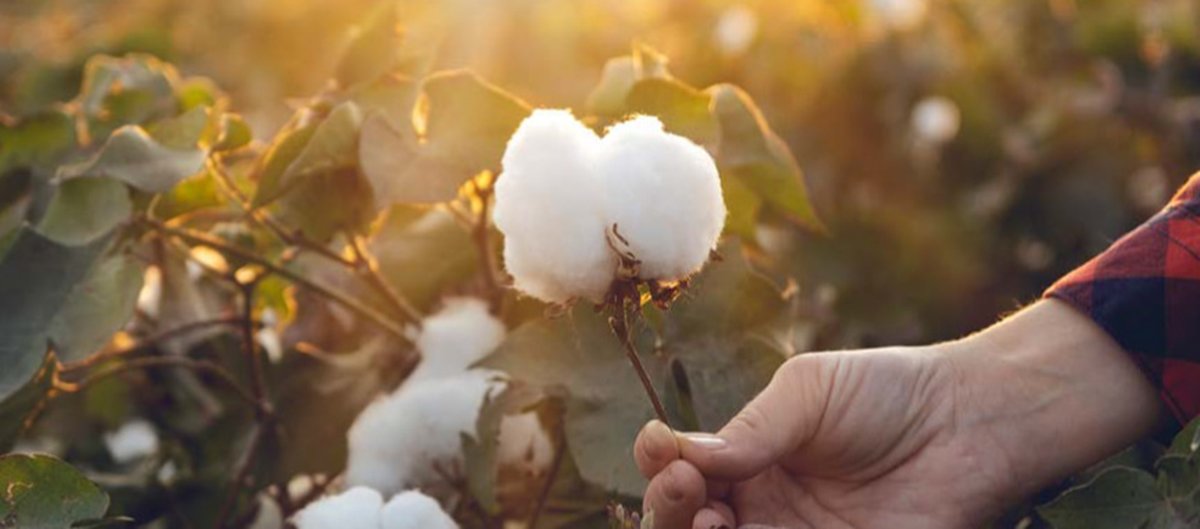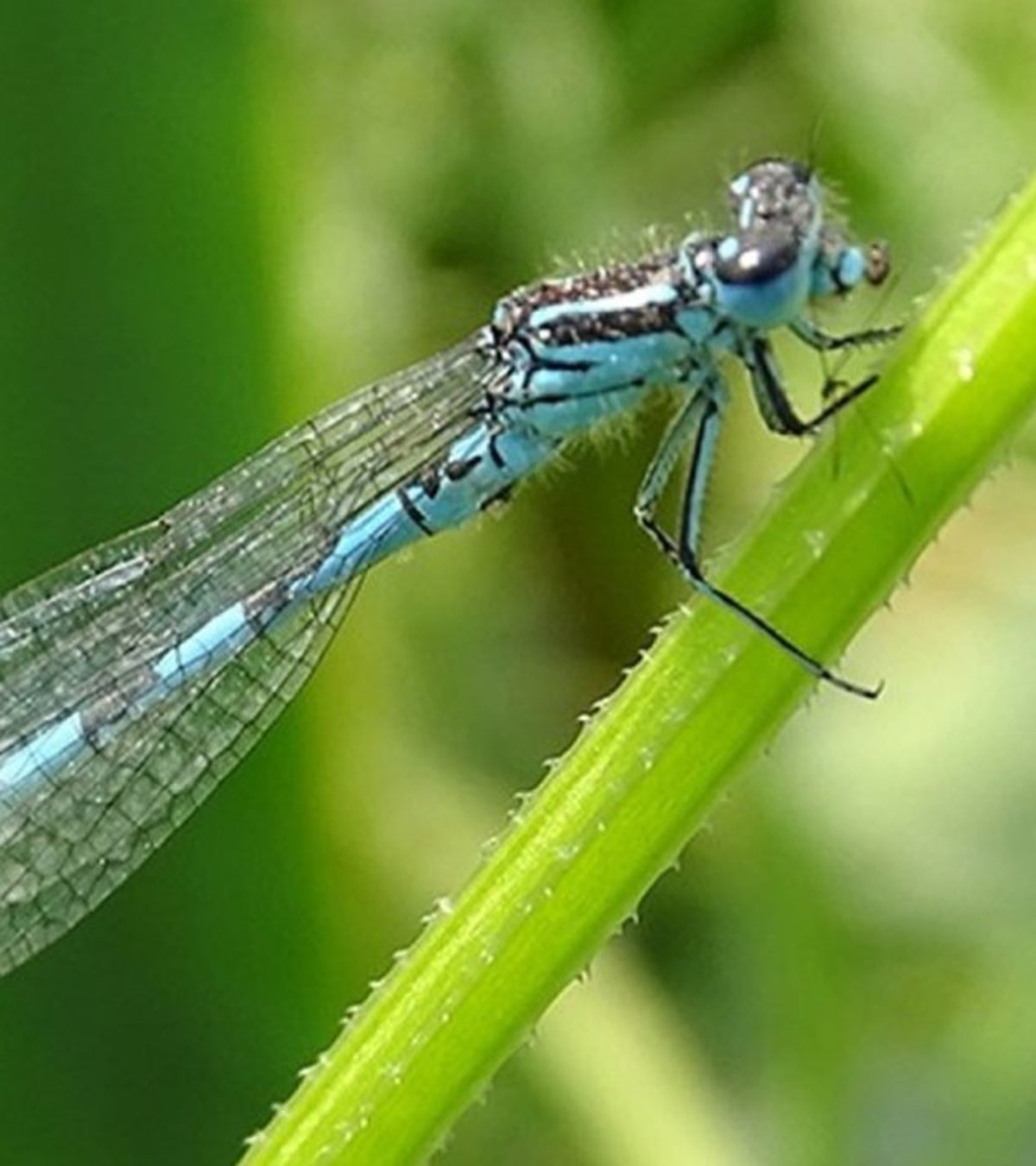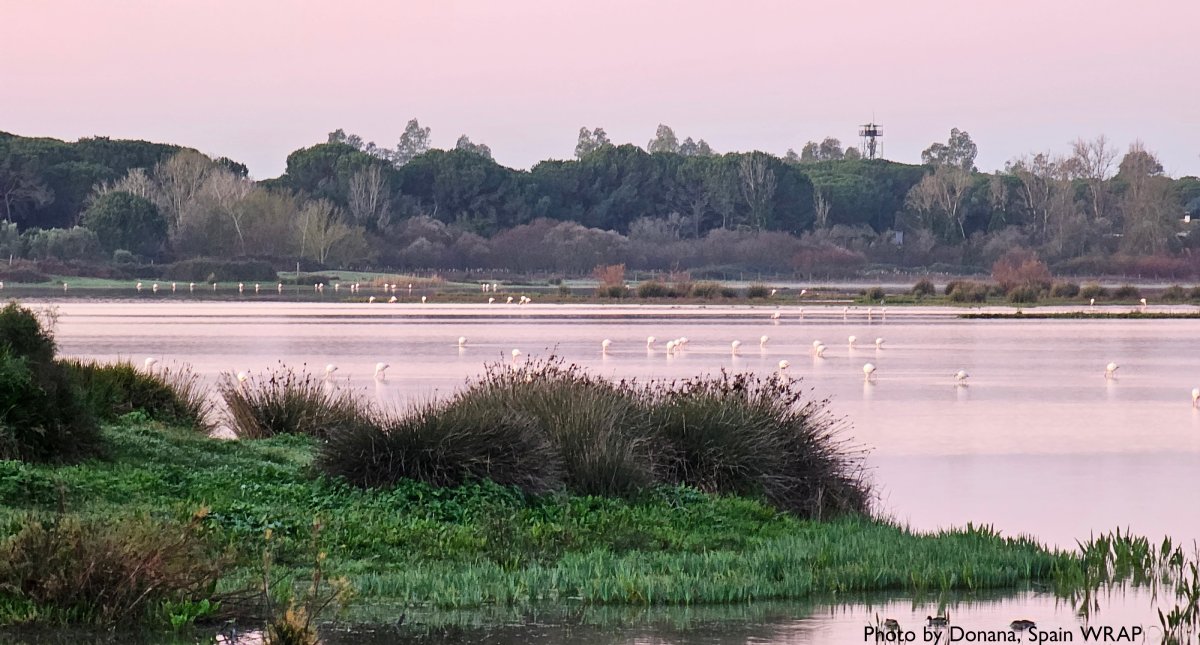To protect and enhance nature and biodiversity and to reverse the negative effects of our business on natural resources and ecosystems.
Performance highlights
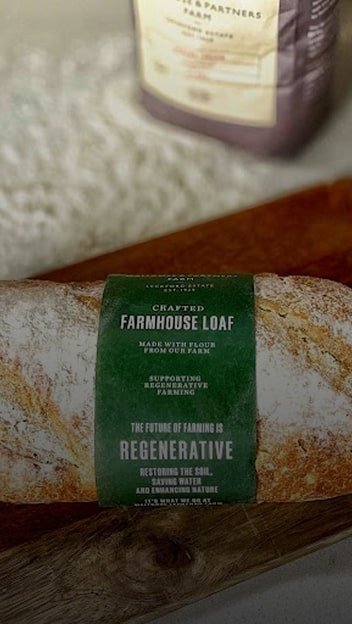
by 2035
Waitrose will source own-brand UK meat, milk, eggs, fruit, horticulture and vegetables from farms that use regenerative practices.
Farming for Nature
Our new initiative with six key principles for regenerative agriculture will see us supporting our British farmers as they move to nature-friendly farming practices. Our Leckford farm has been using regenerative practices since 2020, and we’ll establish a permanent centre of excellence here to help other farmers make the shift to regenerative agriculture.
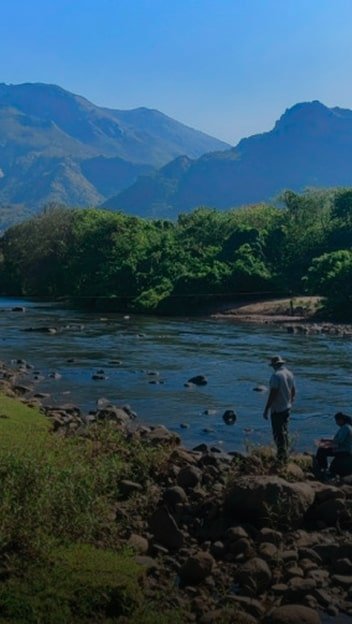
5
Factories in our supply chain engaged through WWF India’s Clean Tech programme.
WWF partnership
With funding from the Partnership, WWF India is working with our suppliers and their associated value chain in one of our textile-producing regions, helping them to improve the environmental performance of their factories.
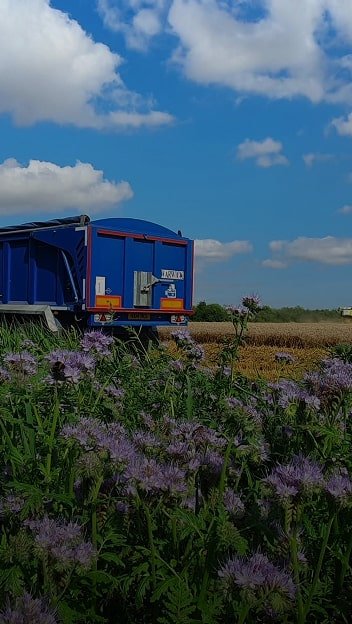
2,500
UK farms will have land management plans over the next two years.
Mapping habitat
In collaboration with Land App, Waitrose is supporting 2,500 of its own-brand UK farms to map current habitats. We’re also seeking to develop land management plans for these farms to help biodiversity and soil health flourish.
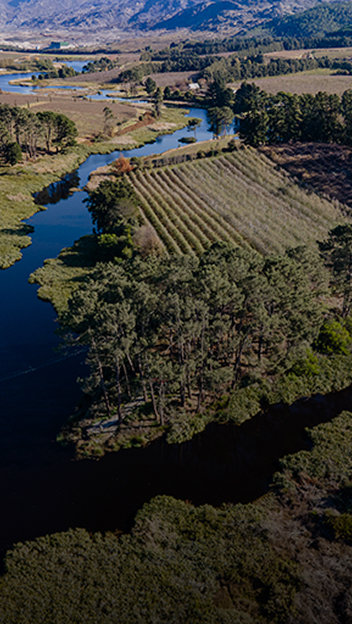
42,000
Waitrose Foundation farm workers will be supported by our climate resilience programme with WWF in South Africa.
Sustainable water management
Ninety Waitrose Foundation farms and over 27,500 workers are currently part of a catchment-wide initiative, funded by the Waitrose Foundation, to build climate resilience and water security in the Western Cape in South Africa. Of these farms, 23 benefit from invasive plant species clearing. A further 80 – encompassing over 14,500 workers – will be supported in 2025
Our approach to nature and biodiversity
Our founder, John Spedan Lewis, was passionate about the environment and the wildlife in it. Today, amidst global climate and biodiversity crises, we reflect that passion through Our Plan for Nature.
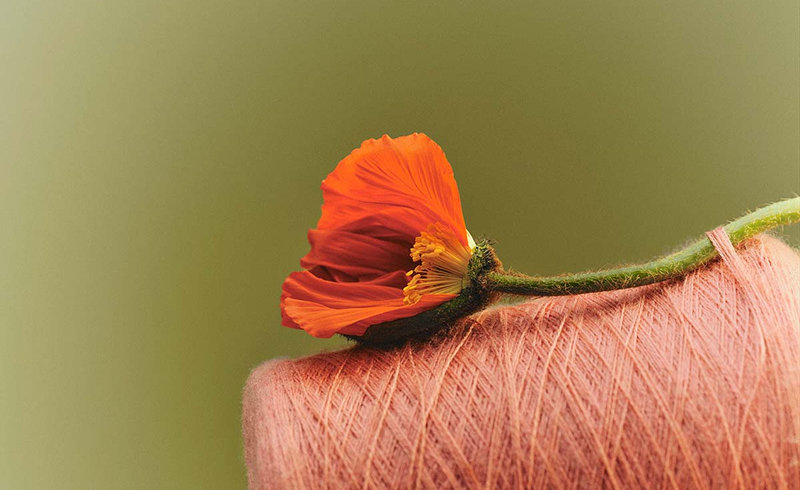
Everything we sell depends on nature, so it’s important that we act boldly to protect and restore it, reducing the impact of sourcing and manufacturing our products.
Wildlife has declined globally by 73% since 19703, and unless we all work together the extinction rate will accelerate.
At our pioneering Leckford Estate farm, we’re at the forefront of understanding the impact of British farming on biodiversity. Leckford is a test bed for regenerative agriculture and more sustainable techniques that we can scale to suppliers.
We know that we are part of the problem of global nature loss, and so we must also be part of the solution. We have five commitments to guide our approach.

